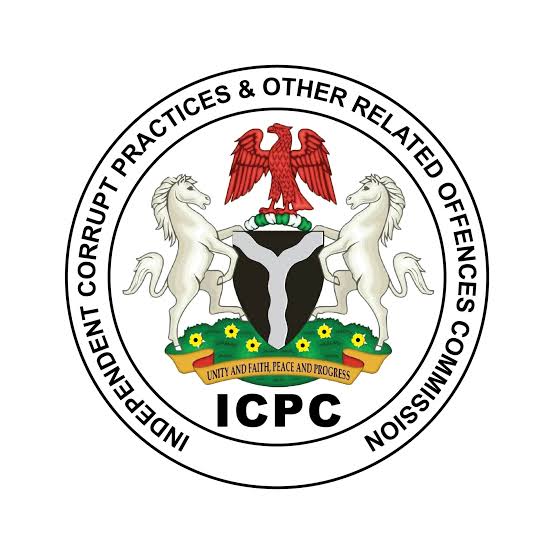Two organizations dedicated to combating corruption, the Centre for Fiscal Transparency and the Centre for Media, Policy, and Accountability, have called upon the 10th National Assembly to reject a bill that aims to diminish the powers of the chairman of the Independent Corrupt Practices and Other Related Offences Commission (ICPC).
Recent reports indicate that the 10th Senate is considering reviving the bill, despite its previous suspension by former Speaker of the House of Representatives, Femi Gbajabiamila, in early June.
The bill, entitled “A bill for an Act to amend the Corrupt Practices and Other Related Offences Act, 2000, to strengthen the role of the Independent Corrupt Practices and Other Related Offence Commission and allow it to prosecute cases before the Federal High Court,” consists of 70 clauses and was passed on May 30.
It was awaiting approval from the House of Representatives before being sent to the President for assent.
The CSOs have specifically highlighted Section 3 of the existing law, which seeks to curtail the authority of the ICPC chairman by introducing a new sub-section, 3(11), that establishes offices for commissioners within the commission.
Umar Yakubu, the Executive Director of the Centre for Fiscal Transparency, has urged the 10th Assembly not to revive the bill, arguing that it would severely weaken the ICPC, rendering it ineffective in combatting corruption.
“We’re aware of the bill; however, we urge the National Assembly not to go ahead with such a bill, as no organisation can perform well if major responsibilities are taken away from the chief executive. The executive must be responsible for the day-to-day activities of the organisation.
“Now, when the Senate bill says some commissioners or board members can now take positions and make decisions on behalf of the executive chairman, that will lead to failure because it’s flawed. And it’s worse doing such to an anti-corruption agency that needs some level of independence to function properly without political interference,” Yakubu said.
Also, the Director of Communications, Outreach and Advocacy, CMPA, Mr Ibrahim Uba-Yusuf, said, “This is not one of the bills we will urge the National Assembly to revisit. Although NASS could revisit pending bills, it could not revisit bills such as the one that would affect the effectiveness of the ICPC chairman, as it would have a direct negative effect on Nigerians.
“The chairman of the ICPC and other anti-corruption agencies need enough freedom to allow them to function well. Hence, we at the CMPA urge the NASS to only pass laws in favour of Nigerians.”
